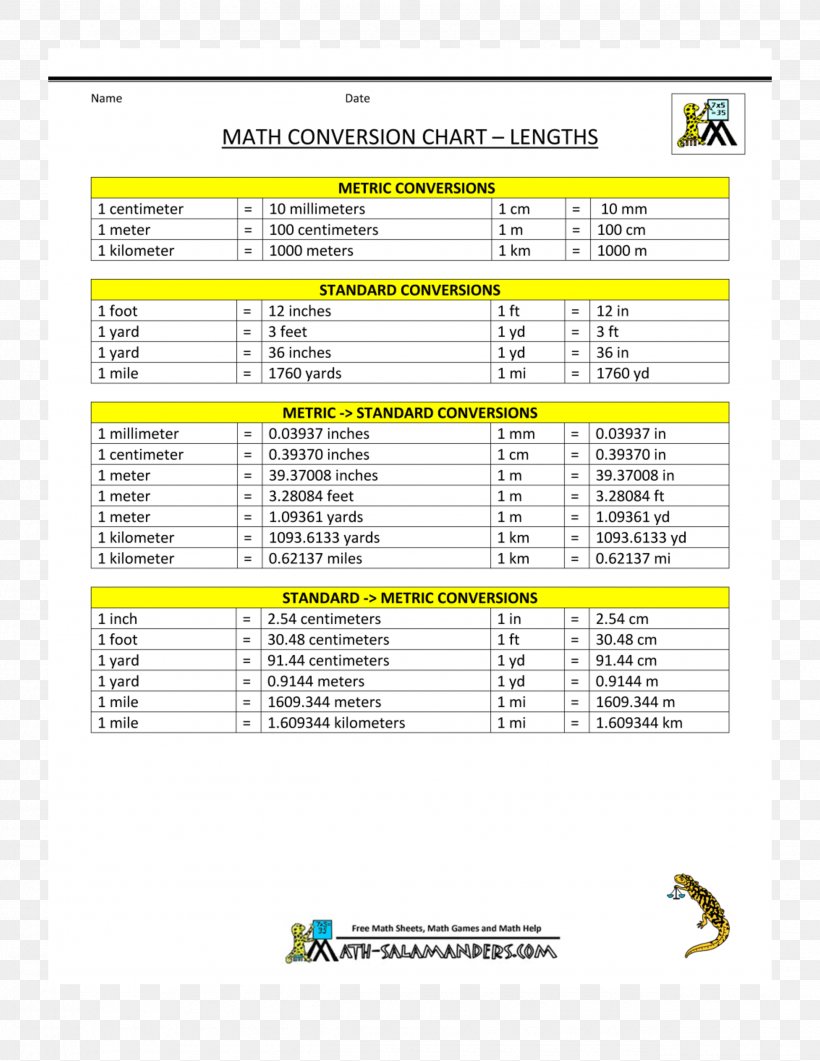Metric Conversion to US Measurements: Bridge the Unit Divide
Ever found yourself staring blankly at a recipe, completely thrown off by the mention of "grams" instead of "ounces"? Or perhaps struggling to make sense of kilometers while driving in a foreign country? We live in a world where two dominant measurement systems coexist – the metric system and the US customary system – and the lack of fluency in both can lead to confusion, miscalculations, and even culinary mishaps.
Let's face it, the world doesn't always neatly align with the measurement units we're most comfortable with. Whether you're a seasoned traveler, an avid cook trying out international recipes, or simply someone who encounters metric units in daily life, understanding metric conversion to US measurements is a practical skill that can save you time, frustration, and potential errors.
The need for conversion stems from the historical development of these two systems. The US customary system, with its roots in British imperial units, evolved organically over time, often based on practical, everyday references. The metric system, on the other hand, emerged later with a focus on standardization and scientific principles. It's a system built on multiples of ten, making conversions within the system relatively straightforward.
But this difference in origin creates a practical challenge when we need to translate between the two. Converting from grams to ounces, liters to gallons, or Celsius to Fahrenheit is not as simple as substituting one word for another. It requires understanding the underlying relationship between the units and applying the correct conversion factors.
Imagine trying to bake a cake using a recipe that calls for 250 grams of flour, but all you have is a measuring cup calibrated in cups. Without a grasp of metric conversion, you're left to guesstimate, hoping for the best but risking a dense, dry cake disaster. Or picture yourself driving in a country where distances are marked in kilometers, only to miss your exit because you underestimated the conversion to miles. These scenarios highlight the real-world impact of navigating a world measured in two different languages.
Advantages and Disadvantages of Using the Metric System
While the US primarily uses the imperial system, understanding the metric system can be advantageous in certain situations. Here are the pros and cons of using the metric system:
| Advantages | Disadvantages |
|---|---|
| Globally standardized and recognized | Unfamiliarity for those accustomed to the imperial system |
| Ease of conversion between units within the system (multiples of ten) | Potential for errors when converting between metric and imperial units |
| Widely used in scientific and technical fields | Resistance to change due to tradition and familiarity with imperial units |
In a world that's becoming increasingly interconnected, understanding metric conversion to US measurements is no longer just a handy skill – it's a necessary tool for clear communication, accurate calculations, and seamless interactions across borders and disciplines. Whether you're a student, a professional, or simply someone navigating the complexities of a globalized world, mastering this skill can empower you to engage with confidence and precision.
Decoding somerset dbhs a deep dive into somerset pas behavioral health support
Nashvilles hvac hustle your guide to beat the heat and cold
The quiet elegance of sherwin williams taupe paint














